What are Coffee Roasters
Coffee roasters are specialized machines designed for the art and science of roasting coffee beans. They transform the physical and chemical properties of green coffee beans into roasted coffee products, which when ground and brewed, yield the beverage known as coffee. The roasting process is pivotal, as it significantly influences the flavor, aroma, and color of the final coffee product.
These machines are used by a variety of individuals and businesses including home enthusiasts, small batch artisanal roasters, cafes, and large commercial enterprises. The purpose of a coffee roaster is to apply heat to the coffee beans in a controlled environment to achieve a specific roast level—from light to dark—which brings out the unique characteristics of the beans' origin, species, and processing method.
The principle behind how coffee roasters work involves a balance of temperature and time. Beans are heated in a rotating drum or fluidized bed to ensure even roasting, while airflow is managed to remove chaff and smoke. As the beans roast, they go through several stages marked by audible 'cracks' and color changes. Expert roasters have to decide the right moment to stop the roasting process based on their desired outcome. This requires precision equipment that can provide consistent heat and allow for adjustments during the roast.
Types of Coffee Roasters
The variety of coffee roasters available caters to different needs, preferences, and scales of operation:
Drum Roaster: This is the most common type used by specialty coffee shops and professionals. A rotating drum carries the beans, allowing them to tumble through heated air. It's ideal for a wide range of roast levels and batch sizes.
Air Roaster: Also known as fluid bed roasters, these use hot air to roast the beans which are kept in motion by this airflow. They typically roast faster than drum roasters and are often preferred for smaller batches.
Home Roasters: Designed for personal use, these compact machines offer coffee enthusiasts the ability to roast small batches at home. They may utilize drum or air roasting methods but on a much smaller scale.
Commercial Roasters: These are large-capacity machines designed for high-volume production. They often have advanced features for precise control over the roasting process and consistency across batches.
Sample Roasters: These small-capacity machines are primarily used by green coffee buyers and larger-scale roasters to sample and evaluate different coffee bean lots before purchasing or producing larger batches.
How to Choose Coffee Roasters
Choosing a coffee roaster requires careful consideration of several factors that align with your business needs:
Capacity: Businesses should consider their volume requirements. A small cafe might opt for a smaller machine while a large operation would need a commercial roaster capable of handling large batches efficiently.
Roast Control: Look for machines that offer precise temperature controls and adjustable settings that allow you to develop specific roast profiles suited to your product offerings.
Consistency: Ensure that the machine can deliver consistent results across batches, which is vital for maintaining quality when scaling up production.
Maintenance: Consider ease of cleaning and maintenance since regular upkeep can impact longevity and performance.
Space Requirements: Assess your available space; some machines have larger footprints than others.
Ventilation: Adequate ventilation is critical when choosing a roaster due to smoke and odors produced during roasting.
Best Coffee Roasters on Alibaba.com
Alibaba.com stands as an expansive marketplace connecting businesses with a diverse array of coffee roasters suited to all scales of operation. From small home units for enthusiast baristas to large commercial machines designed for mass production, Alibaba.com offers a wide selection tailored to meet any business's specific needs.
With suppliers from around the globe offering various features like temperature control, programmable settings, and multi-function capabilities, businesses can find exactly what they need without compromise. Alibaba.com ensures that sourcing equipment from internationally recognized manufacturers is straightforward and secure with its Trade Assurance service—protecting payments until delivery completion.
Investing in a coffee roaster through Alibaba.com not only provides access to an extensive range but also connects you with suppliers who can offer customization options if standard offerings don't meet your unique requirements. With reliable after-sales service support available through multiple channels including video technical support and engineers ready to service machinery overseas, buyers gain peace of mind knowing they have continuous assistance throughout their purchase journey.
Common FAQs for Coffee Roasters
What is the difference between a drum roaster and an air roaster?
Drum roasters use a rotating drum to roast the beans, allowing for precise control over the temperature and roast time, which is ideal for crafting a wide range of roast profiles. Air roasters, or fluid bed roasters, employ hot air to roast the beans quickly and are typically used for smaller batches.
How does batch size impact the choice of a coffee roaster?
The batch size directly affects the choice of a coffee roaster, as different machines have varying capacities. Smaller operations or home users may prefer smaller roasters for flexibility and minimal waste, while larger businesses require commercial roasters that can handle high volumes consistently.
What are the key features to look for in a coffee roaster for business use?
Businesses should look for features such as consistent heat distribution, adjustable roast settings, ease of cleaning and maintenance, and the ability to reliably reproduce roast profiles for batch consistency.
Can coffee roasters be customized to suit specific business needs?
Many suppliers offer customization options for coffee roasters to meet specific business requirements, such as modifying capacity, adding advanced controls, and integrating with existing systems.
What considerations should be made regarding the installation of a coffee roaster?
When installing a coffee roaster, businesses need to consider space requirements, adequate ventilation systems for smoke and odor management, power supply compatibility, and local safety regulations.
How important is temperature control in the coffee roasting process?
Temperature control is crucial in the coffee roasting process as it affects the flavor profile and quality of the roasted beans. Precise temperature control allows for consistent results and the ability to fine-tune roast profiles.
What type of maintenance do coffee roasters require?
Regular cleaning of chaff collectors, inspection of heating elements or gas lines (for gas-powered roasters), and general upkeep of moving parts are typical maintenance tasks required to keep a coffee roaster in good working condition.
Are there any safety concerns associated with operating a coffee roaster?
Yes, safety concerns such as proper ventilation to handle smoke and fumes, fire safety measures due to high operating temperatures, and adherence to local regulations are crucial when operating a coffee roaster.
How does the choice of a coffee roaster affect the final product quality?
The choice of a coffee roaster impacts bean development, flavor profiles, and overall consistency of the final product. A well-chosen machine allows businesses to achieve their desired quality consistently across batches.
Can I roast other products besides coffee in a coffee roaster?
While primarily designed for coffee beans, some coffee roasters may accommodate other products such as nuts or grains; however, this depends on the specifications of the machine and may require adjustments or additional equipment.

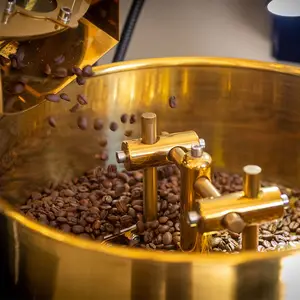

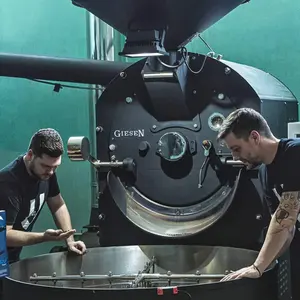


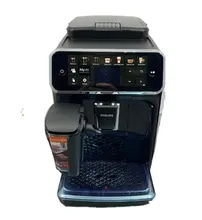
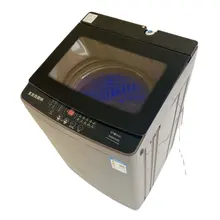

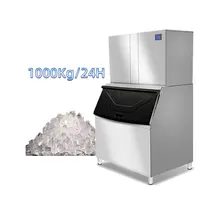
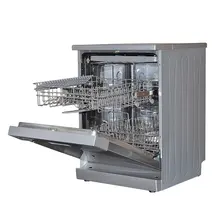




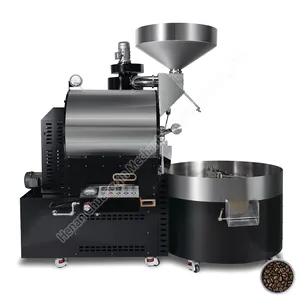



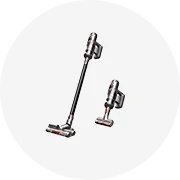



















 浙公网安备 33010002000092号
浙公网安备 33010002000092号 浙B2-20120091-4
浙B2-20120091-4